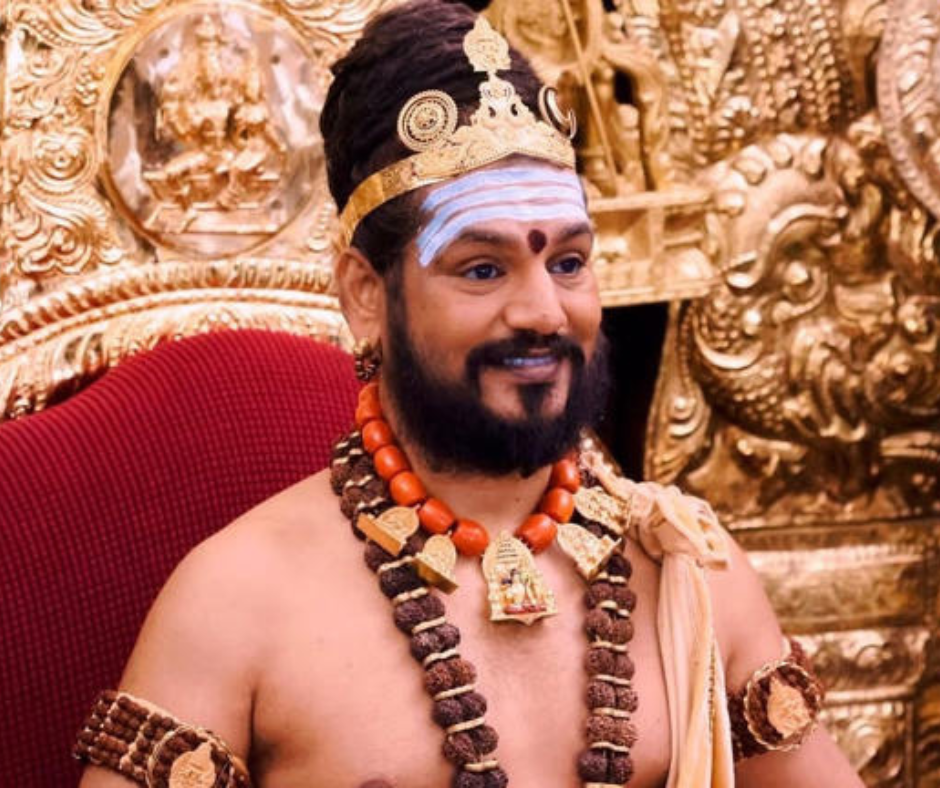
Recently, the bizarre case of a fake embassy operating out of a house in Ghaziabad grabbed headlines across India. But here’s something even more curious — people around the world have gone a step further by declaring their own homes, farms, or even small islands as independent “countries”. These are called micronations.
Micronations are self-declared entities that claim to be independent but aren’t recognized by any real government or the United Nations. From printing passports to designing flags, the founders often treat them with a surprising level of seriousness — though most are started more for fun, protest, or art than actual political power.
One of the most well-known examples is the “Principality of Sealand,” located on an old sea fort off the British coast. It has its own royal family, currency, and even a national anthem. Closer to home, there have been stories of individuals in India trying to establish similar fictional states for various reasons — often driven by frustration, idealism, or just eccentricity.
The fake embassy in Ghaziabad may have been built with shady intent, but it brings up some thought-provoking questions about identity, governance, and borders in a globalised world.
While it’s obviously illegal to set up a fake embassy or issue unauthorized documents, the idea of creating your own country, even just in theory, sparks imagination and curiosity. It also reminds us how people sometimes seek control over their own realities in unusual ways — whether that’s on paper or through politics.

